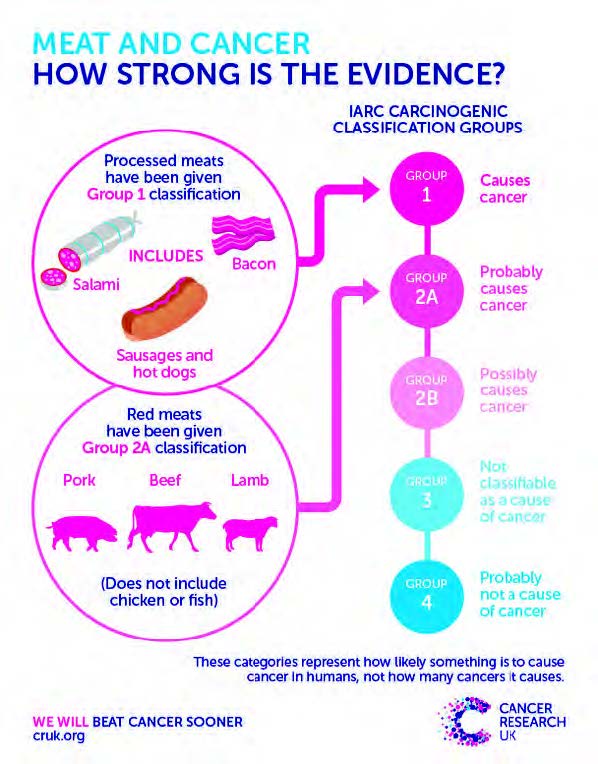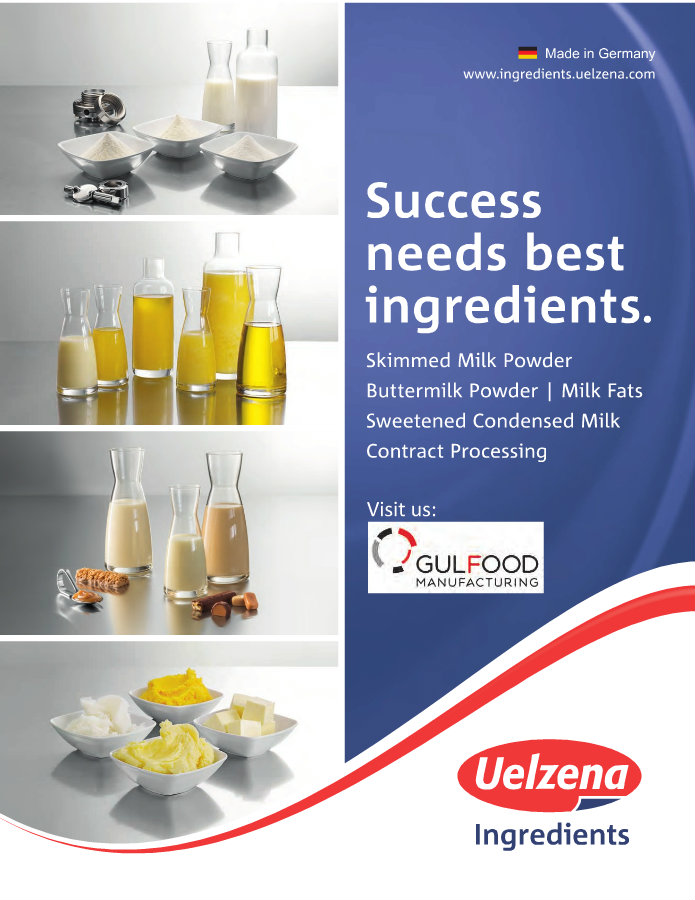
The global meat industry has moved to play down research that places processed meats as carcinogenic to humans on the same scale as alcohol and tobacco smoke.
According to the International Agency for Research on Cancer (IARC) report, red meat was identified as "probably carcinogenic to humans" following what it describes as "substantial epidemiological data showing a positive association between consumption of red meat and colorectal cancer". The IARC research also found positive associations between the consumption of red meat and pancreatic and prostate cancer.
The IARC's working group also classified processed meat as "carcinogenic to humans", placing it in the same category as asbestos, second-hand tobacco smoke and gamma radiation. It defines processed meat as "meat that has been transformed through salting, curing, fermentation, smoking, or any other process that enhances the flavour or improves preservation".
A spokeswoman for the IARC told that the report was a "meta-analysis of all available peer reviewed evidence published in scientific journals that was publicly available," and had been studied by the committee's group of international experts.
The report had been a long time in the planning, she said, and the topic of processed and red meat had been decided upon by the IARC because it was a "priority" area for the organisation.
The research was carried out by a working group of 22 scientists from ten different countries. The team reviewed over Boo studies that went back to 2004.
Betsy Booren, North American Meat Institute vice president of Scientific Affairs, who sat on the IARC panel said: "It was clear sitting in the IARC meeting that many of the panellists were aiming for a specific result despite old, weak, inconsistent, self-reported intake data. They tortured the data to ensure a specific outcome."
"Scientific evidence shows cancer is a complex disease not caused by single foods and that a balanced diet and healthy lifestyle choices are essential to good health."
Advice from charities including the World Cancer Research Fund recommends limiting red meat consumption to no more than 5oog cooked weight per week of red meat, like beef, pork and lamb, and eating processed meats like ham, bacon and salami as little as possible to reduce the risk of bowel cancer.
"There is strong evidence that eating a lot of these foods increases your risk of bowel cancer," the charity advises.
The organisation advises that although eating a lot of red meat is linked to bowel cancer, it is a good source of nutrients including protein, iron and zinc, so it recommends including up to 5oog a week as part of healthy, balanced diet. It advices that processed meat — that is, meat which has been preserved by smoking, curing or salting, or by the addition of preservatives, such as ham, bacon, pastrami and salami, as well as hot dogs and some sausages — should be eaten as little as possible.
"There is strong evidence that eating a lot of red meat is a cause of bowel cancer. One possible reason for this is that the compound that gives red meat its colour, haem, may damage the lining of the bowel. Studies also show that people who eat a lot of red meat tend to eat fewer plant-based foods, so they benefit less from their cancer-protective properties.
"We also have strong evidence that processed meats are a cause of bowel cancer. When meat is preserved by smoking, curing or salting, or by the addition of preservatives, cancer-causing substances, carcinogens, can be formed. These substances can damage cells in the body, leading to the development of cancer."

Maureen Strong, nutrition manager at AHDB in the UK said: "IARC isn't saying eating red and processed meat as part of a balanced diet causes cancer: no single food causes cancer. Nor is it saying it's as dangerous as smoking, which Cancer Research UK has pointed out. IARC itself has said that the risk from processed meat remains small.
"The government looked at the same evidence in 2010 and recommended people eat no more than 70g of red and processed meat a day and that's exactly what the vast majority of us are eating. The government has already said that this advice is not changing. IARC's findings suggest that eating 50g of processed meat brings a small increase in risk. However, average consumption in the UK is just 17g per day. People would need to eat three times their current levels to increase their risk.
"Red and processed meat plays an important role in a balanced diet, providing protein, iron, zinc and B vitamins. There's no evidence that removing meat from your diet protects against cancer. In fact a major, long term study by Oxford University has shown no difference in colorectal cancer rates between meat eaters and vegetarians."
Professor Tim Key, from Cancer Research UK, said: "This decision doesn't mean you need to stop eating any red and processed meat, but if you eat lots of it you may want to think about cutting down.
"Eating a bacon bap every once in a while isn't going to do much harm - having a healthy diet is all about moderation."




